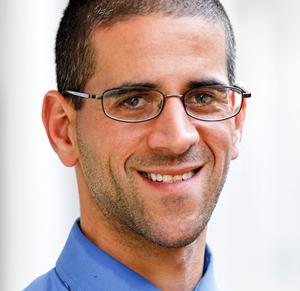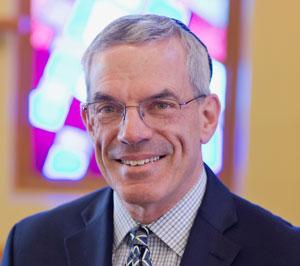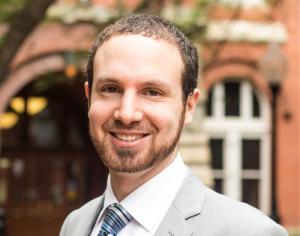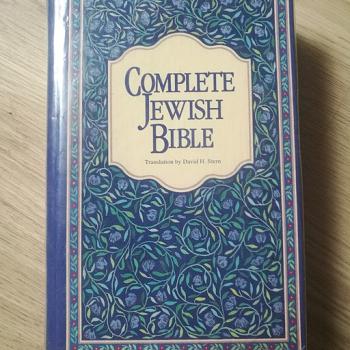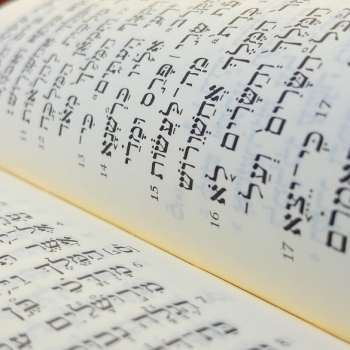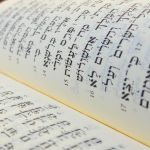Parashat Kedoshim (Leviticus 19:1-20: 27) By Rabbi Josh Weisman When you live in San Francisco some of your neighbors are likely to be Catholic. From the early Spanish missionaries and settlers to later Mexican and Central American immigrants, from Irish, Italian, Filipino, and Maltese immigrants to their descendants, San Francisco is a Catholic town. This might seem to contradict San Francisco’s more widely known image first as a city of libertines and later as a center for gay movements and... Read more




